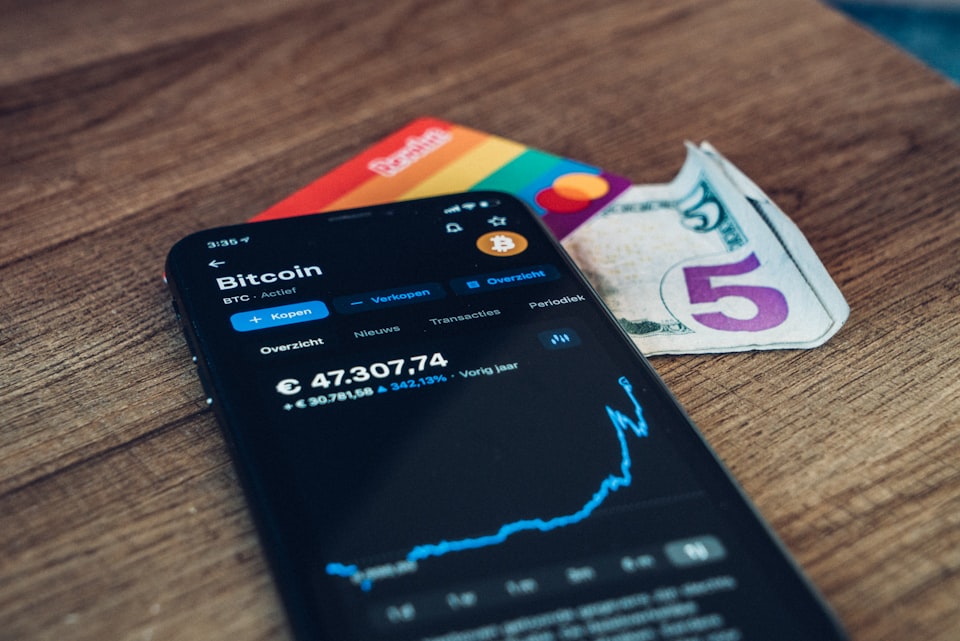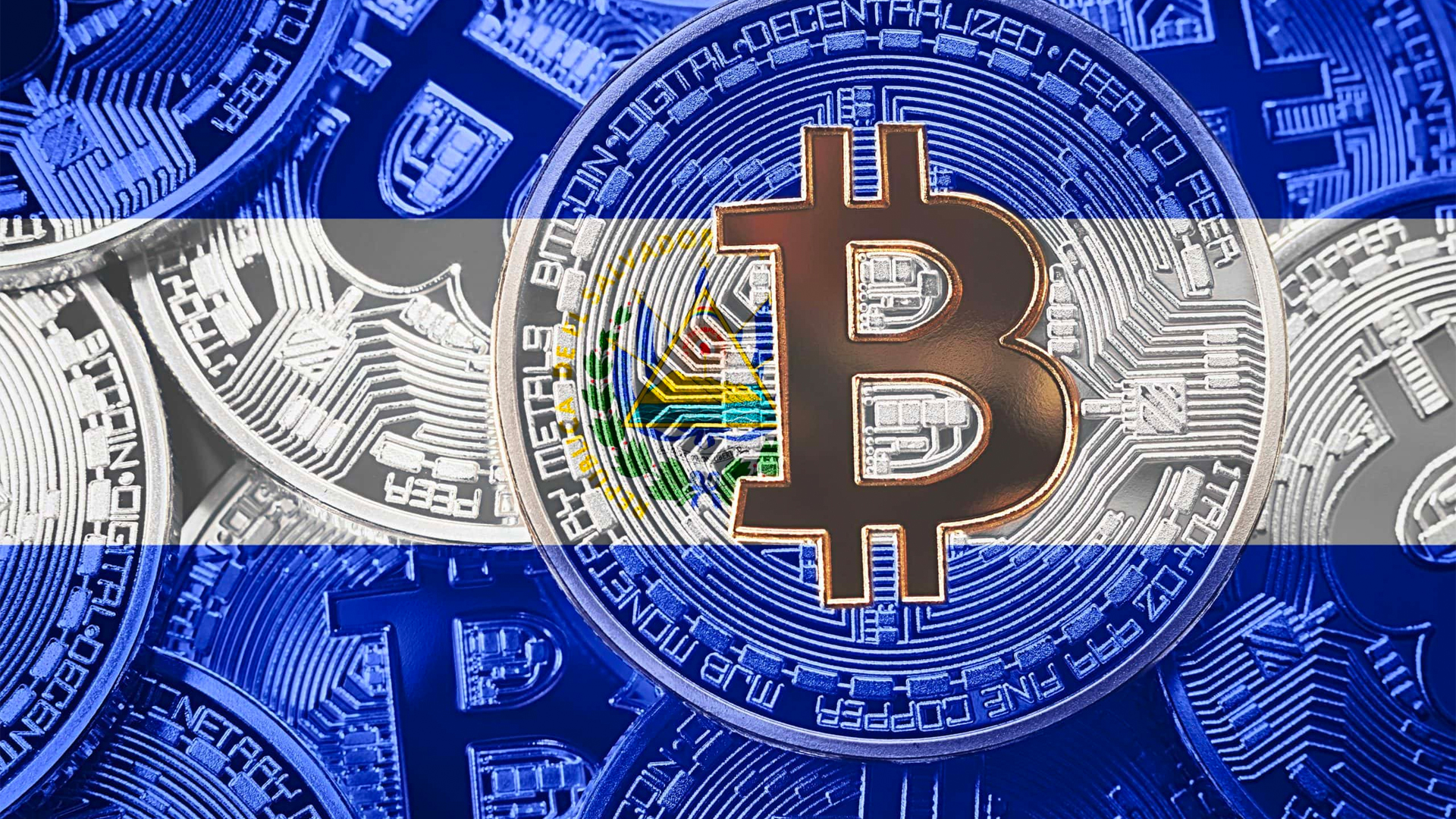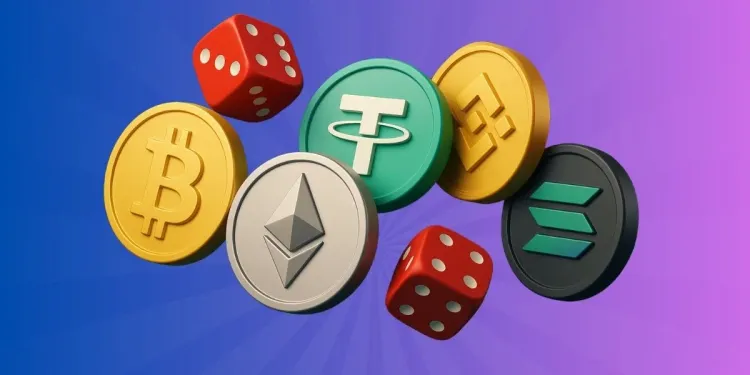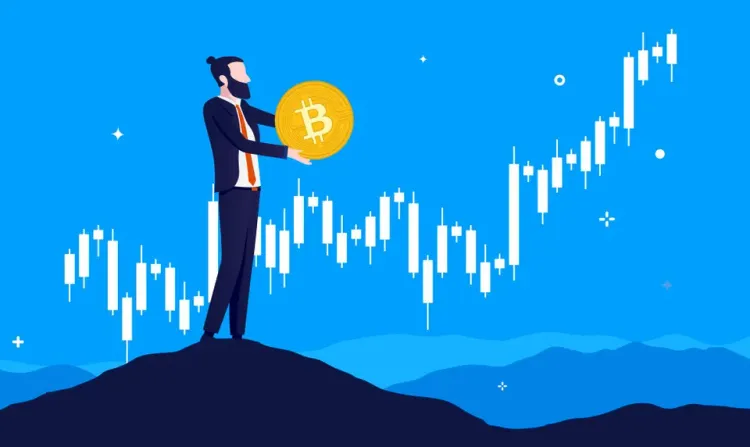The Curious Case of El Salvador and its Bitcoin Dream

On June 9th, 2021, El Salvador became the first country to adopt Bitcoin as legal tender. The legislation was enacted on September 7th, and the South American country has since doubled its Bitcoin investment. According to Nayib Bukele, the country's president, the nation now owns 5,700 Bitcoins. Assuming that Bitcoin's price is just above $70k, its Bitcoin stack now exceeds $400 million. And based on recent pronouncements, there's no plan to sell the holdings but to double down on this asset instead.
El Salvador, the first country to adopt Bitcoin as legal tender, is doubling down on its crypto dream. In a Twitter post on March 26th, President Nayib Bukele posted a screenshot with the number 5,700 and a Bitcoin address that details the account's total balance and number of transactions. A few weeks ago, at the time of Bitcoin's price surge, which briefly hit $70,000, the President was challenged to sell the nation's holdings. The answer was short and telling of the country's commitment to crypto: "We won’t sell, of course; at the end, 1 BTC = 1 BTC".
Breaking down El Salvador's Bitcoin law
On June 9th, 2021, El Salvador became the first government to approve using Bitcoin as legal tender. The nation's Bitcoin Law was approved by a 'supermajority. ' Later, Mr. Bukele shared via Twitter that the proposal received 62 out of the 84 possible votes in the El Salvadoran Congress. The law aims to regulate Bitcoin as an unrestricted legal tender with "liberating power."
It further adds that the state's role is to promote financial inclusion to guarantee better rights for its citizens. It's estimated that roughly 70% of Salvadorians don't have access to traditional financial services like bank accounts. So, approving and regulating the use of this crypto can help empower locals and spur transactions and developments.
While El Salvador's Bitcoin Law took effect on September 7th, 2021, and it's too early to tell about its impact on the crypto community, one thing is certain: it signals a broader global adoption and creates a ripple effect. Of course, the most obvious impact of this law is felt at home. Here are some of the immediate effects of the Bitcoin Law on El Salvador:
- Salvadorians can now use it to pay off debts, without limitation, in all transactions;
- Locals can use it to pay for products and services;
- Tax accountabilities can be settled using Bitcoin;
- Previous debts and obligations in USD can be paid out using Bitcoin;
- The national government's accounting standards shall continue using USD as its reference currency and allow locals to convert this crypto into USD instantly;
- Residents can now enjoy low transaction fees, which directly benefits the small businesses.
At the time of the passage of the Bitcoin Law, the national government also launched its Chivo Wallet, an app that works like a central bank digital currency (CBDC). The proponents say that its local adoption can improve accessibility and boast the ability to pay peers and firms and make deposits and withdrawals in USD and Bitcoin.
The national government's steps are aimed at expanding financial inclusion. The government says that most people don't have access to traditional banking services, including a bank account. Introducing Bitcoin into the system gives its residents access to a new financial system that's arguably better and more efficient. And to ensure that its residents are off to a great start, the law also promises that each user gets $30 worth of BTC.
3 reasons why El Salvador pursues the Bitcoin dream
)
There are three primary reasons why this Central American country passionately pursues its Bitcoin dream:
- Boost the efficiency of international remittances. According to the World Bank, more than 20% of the country's GDP comes from international remittances. In 2022, the remittances' share of the GDP stood at 23.68%, and by comparison, the world average based on 173 countries is only 5.36%. This means that this Central American nation heavily relies on money transfers, which can be costly for many. According to some estimates, the cost of transferring money can be up to 30 to 50% of the total value. The cost is on top of locals' challenges when collecting the money in person. By adopting Bitcoin, the government hopes it can help locals enjoy their remittances cheaply, safely, and effectively.
- Promote financial inclusion. In 2o21, Statista estimates that roughly 64% of the population doesn't have access to banking services, including a bank account. Although this is an improvement from 70% in 2017, it's still a serious issue for the country, and the government sees Bitcoin as a step towards a solution. Its proponents see the Bitcoin technology as allowing many of the population easy access to financial services.
- Reduction in reliance on the USD. One of the aims of the Bitcoin law is to use Bitcoin as a neutral store of savings value. Before the law's passage, the US Dollar is its primary currency.
El Salvador's Bitcoin reality
The country's aggressive stance and crypto commitment have had positive and negative effects. Of course, the most obvious effect is the change of perception and the 'overall branding' of this, as it's now the first country to adopt Bitcoin as legal tender fully. This bold move has become the template for many countries that are considering crypto to expand financial inclusion.
According to Yale Research, central banks in more than 100 countries are considering adopting crypto to boost financial inclusion and promote efficient payments. In the same report, Yale shared that Jamaica, Bahamas, and Nigeria have already launched their digital currencies. El Salvador's President, Nayib Bukele, has a new-found popularity, and his gambit generated headlines. As one of the youngest leaders, Mr. Bukele has expertly used social media to promote his commitment to crypto and other projects.
A policy and a starting infrastructure for Bitcoin may be in place, but the early results aren't encouraging. It's safe to say that Bukele's government may be winning the marketing and branding war, but on the ground, it's still struggling to promote the mass adoption of crypto.
To date, most of the population ignores or has no interest in using Bitcoin. In multiple interviews, Salvadorians have expressed discouragement by the cryptocurrency's volatility, especially since most live in a cash-based economy and many live hand-to-mouth.
A Reuters article mentioned that roughly 88% of Salvadorians paid for remittance, which the national government hoped to address initially. Furthermore, a huge chunk of the population admitted that they know little about cryptocurrencies like Bitcoin. In a struggling economy, they prefer to focus more on jobs and food on the table. Finally, app usage is underwhelming despite the many incentives in place.
All these suggest that El Salvador faces an uphill battle in promoting the use and mass adoption of Bitcoin for financial inclusion and literacy.




